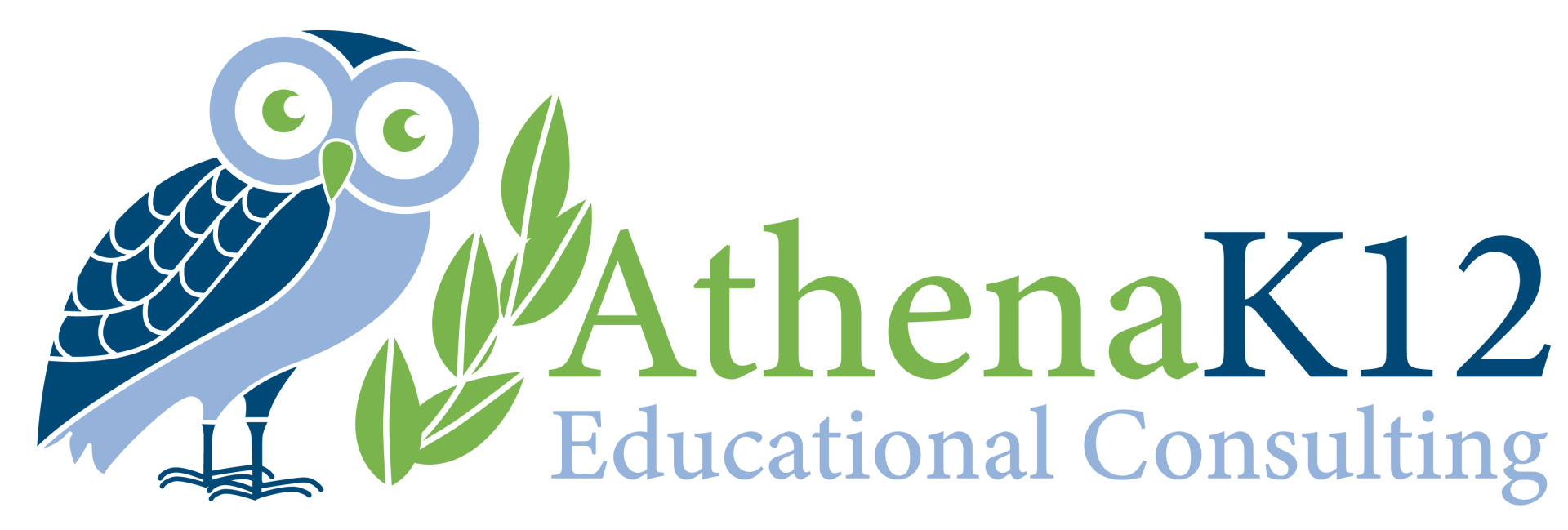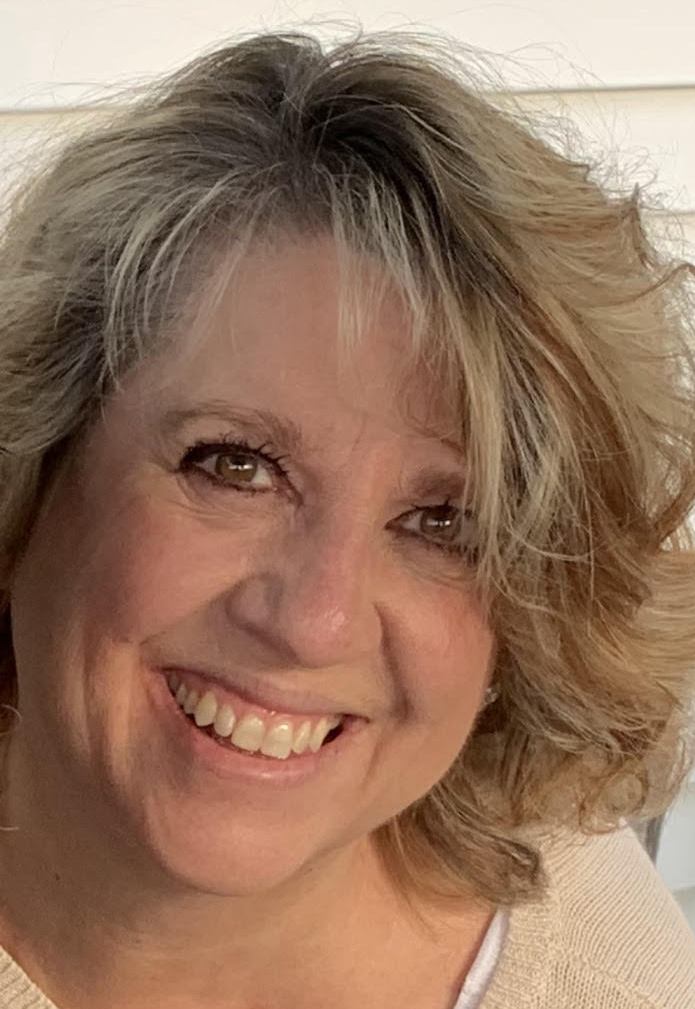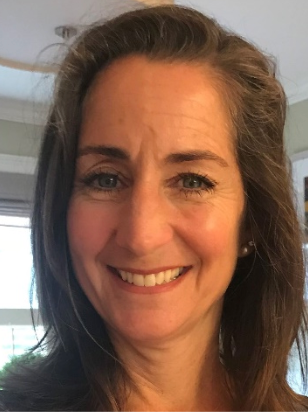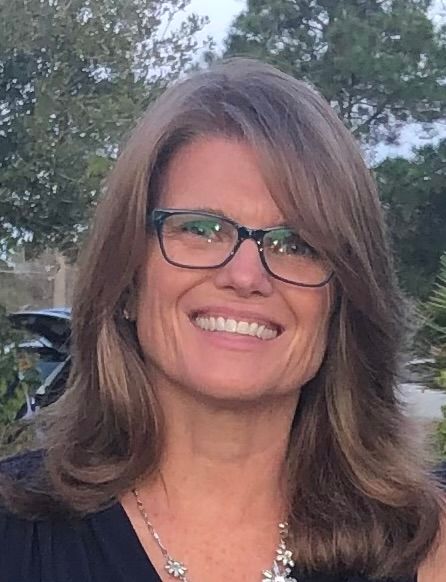Special Education Services
Targeted Training
Work with us on these powerful practices and design a customized training program for your teachers and leaders.
Special Education Program Reviews
Program reviews offer insight and recommendations around curriculum, instruction, special populations and personnel.
Work with us to examine your Special Education program across multiple grade levels to better understand your strengths and areas for growth.
Leadership Development and Coaching
Sharpen your skills, dive deeper into key responsibilities, face new challenges, expand your toolkit, and grow your wisdom while working alongside other special education leaders around this critical part of your job.

IEP Team Chair Job-Alike Institute
In your role as team chair, have you struggled to create a climate of trust where everyone feels safe and validated? Do you wonder how to navigate legal obligations, ethics, and relationships in what can be an emotionally charged environment? Are you looking for tools to communicate data and critical information in a way that engages stakeholders and moves the meeting forward? Are you searching for ways to properly prepare for and run the meeting? In this program, you will learn to lead meetings where everyone recognizes that they have shared goals, how to navigate the demands from each stakeholder, and to leverage your daily interactions into opportunities for growth.

Administrator Coaching
Everyone deserves a coach - someone who has been there, who understands, and is singularly focused on your goals. We work collaboratively with you to identify your goals and provide coaching experiences that increase your effectiveness. Our trained and experienced coaches are ready to guide you.
Meet Our Special Education Specialists
Take your special education programming to the next level
